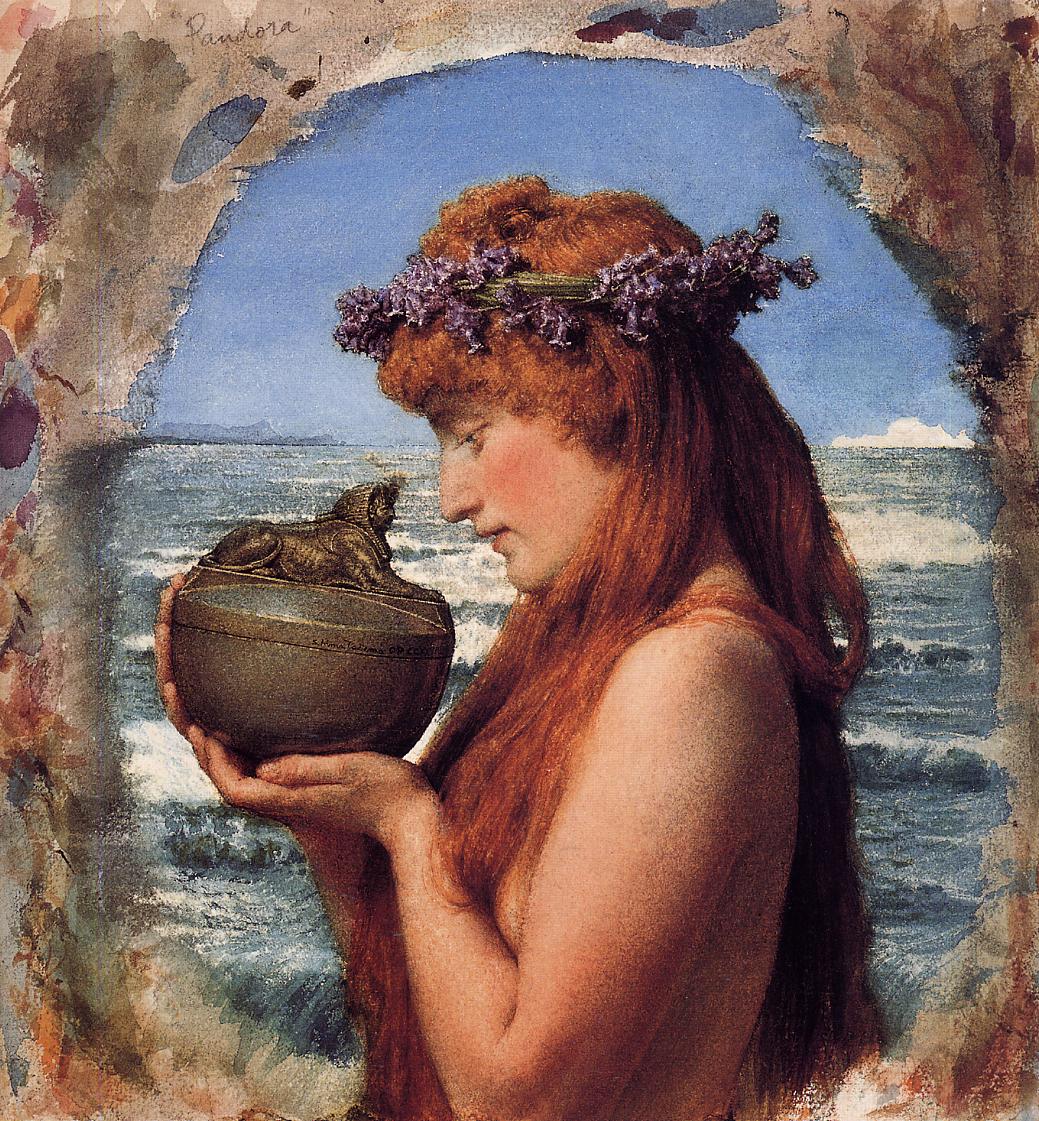 Of course, I read “The Odyssey” and “The Iliad” in high school (do they still cover those these days?) and I even got through a few others like “Antigone,” but to be honest, I was not much of a fan. It was all about men doing manly things and often horrible things. The women were all witches or victims or passive wives and slaves. I didn’t find much in it that I could relate to.
Of course, I read “The Odyssey” and “The Iliad” in high school (do they still cover those these days?) and I even got through a few others like “Antigone,” but to be honest, I was not much of a fan. It was all about men doing manly things and often horrible things. The women were all witches or victims or passive wives and slaves. I didn’t find much in it that I could relate to.
That changed when I read Madeline Miller’s “Circe.” Miller takes what appears to be a minor character in Greek mythology and gives her a full story. Circe, unlike the rest of her family, is fully mortal even though she is the daughter of the Titan, Helios, and of the ocean nymph, Perse. She painstakingly teaches herself about plants and potions to become a powerful sorceress. “Let me say what sorcery is not: it is not divine power, which comes with a thought and a blink. It must be made and worked, planned and searched out, dug up, dried, chopped and ground, cooked, spoken over, and sung. Even after all that, it can fail, as gods do not.” But, through her power, she makes enemies of both mortals and immortals so she is banished to a remote island. Her punishment at least was not as bad as her sister, Scylla, who was turned into a six-headed sea monster! But Miller’s portrayal of Circe is so much more than just a witch banished to an island. She is every woman to an extent. “It is a common saying that women are delicate creatures, flowers, eggs, anything that may be crushed in a moment’s carelessness. If I had ever believed it, I no longer did.”
Another book that started me on the path of retellings of the women of Ancient Greece is “A Thousand Ships” by Natalie Haynes. It tells the story of the Trojan War but from the perspective of the wives left behind, the girls sacrificed or enslaved, the mothers facing loss, and, of course, the woman who is blamed for starting it all. “I have sung of the women, the women in the shadows. I have sung of the forgotten, the ignored, the untold. I have picked up the old stories and I have shaken them until the hidden women appear in plain sight. I have celebrated them in song because they have waited long enough” Haynes does such an incredible job at crafting the stories that have been left out and the effects of war on women. “Heroism is something that can reside in all of us, particularly if circumstances push it to the fore. It doesn’t belong to men, any more than the tragic consequences of war belong to women.” By the time I finished this book, I had developed a deep hunger for women’s stories in all contexts.
Another book by Natalie Haynes, “Pandora’s Jar: Women in Greek Myths,” looks at these same stories from a nonfiction, historical point of view. Haynes is also a comic, and you can feel her sense of humor come through as she tackles multiple myths. The women she covers are often relegated to the sidelines of the story, and when they are granted an extended focus it is for their role as either the mother, the sinner, the monster, or all of these at once. But their stories are important. “Every myth contains multiple timelines within itself: the time in which it is set, the time it is first told, and every retelling afterwards. Myths may be the home of the miraculous, but they are also mirrors of us. Which version of a story we choose to tell, which characters we place in the foreground, which ones we allow to fade into the shadows: these reflect both the teller and the reader, as much as they show the characters of the myth. We have made space in our storytelling to rediscover women who have been lost or forgotten. They are not villains, victims, wives and monsters: they are people.”
Luckily, there have been a lot of books focusing on these stories written in the past several years. You can find these and many more in this list. In the words of Natalie Haynes, “When women take up space, there is less available for men. But it means we get a whole story instead of half of one.”


